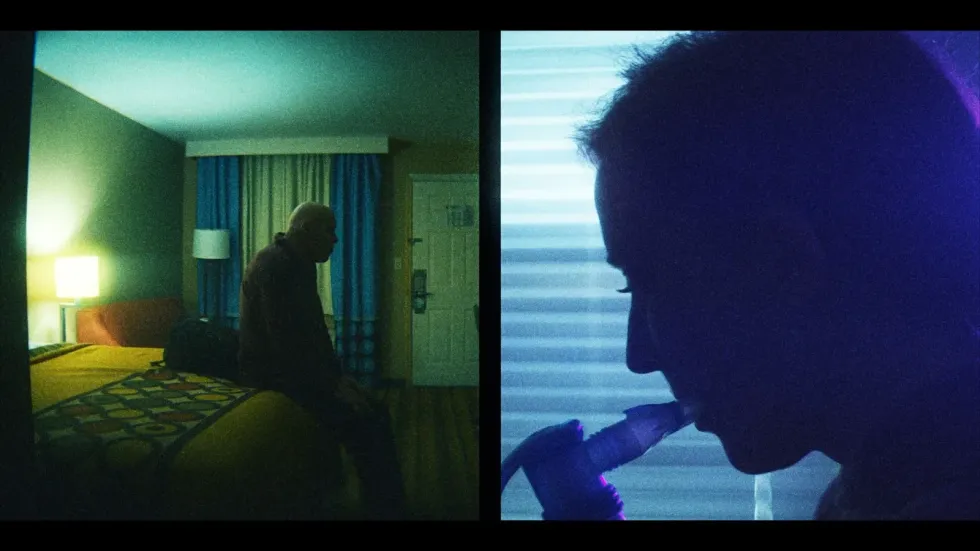Martin Scorsese Joins Letterboxd and List Companion Films for His Filmography
Here is a comprehensive list of all of the movies that have served as inspiration in one way or another for Martin Scorsese.
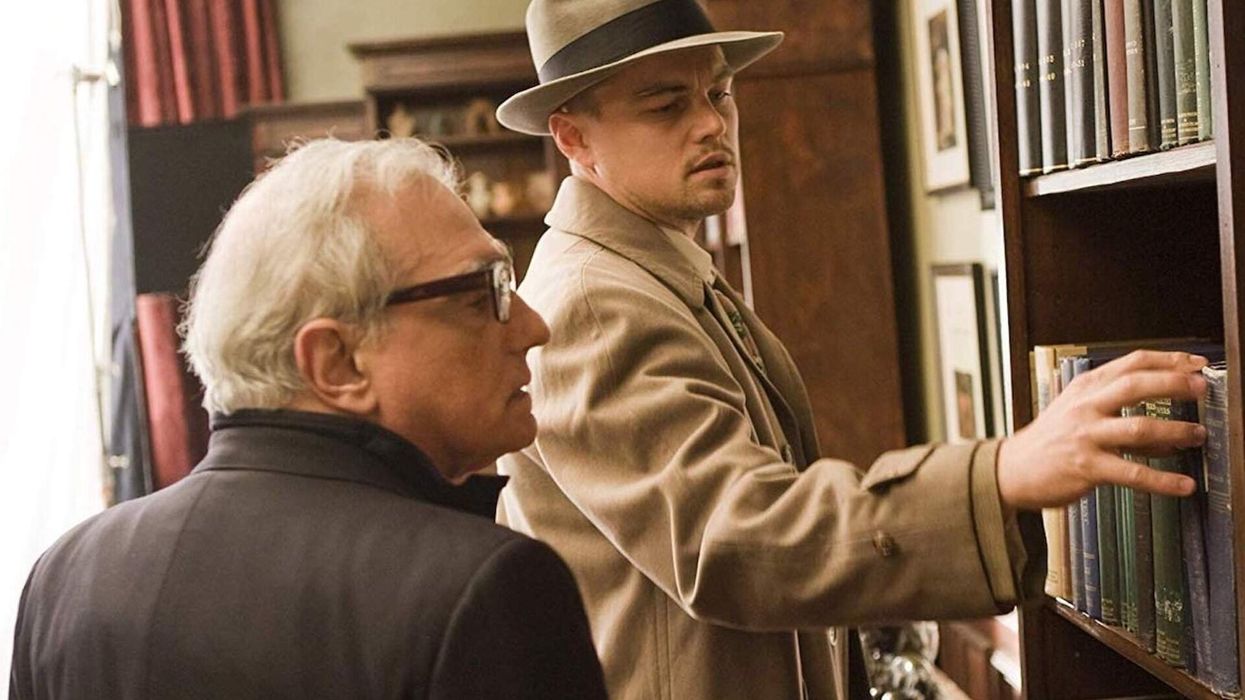
Martin Scorsese and Leonardo DiCaprio on the set of Shutter Island
Martin Scorsese caused a storm yesterday when the American auteur joined Letterboxd, an app that movie watchers use to log movies they've watched. While the memes have been plentiful, it is wonderful to see Scorsese join another Gen Z-heavy app (the filmmaker made an appearance on his daughter Francesca Scorsese's TikTok to show how well he knows Gen Z lingo) because it shows that Scorsese knows how to stay relevant in the modern culture.
Now on Letterboxd, Scorsese has found his young audience and is taking the chance to share some wisdom and cinema history with them.
In a list created by the filmmaker titled "Companion Films," Scorsese writes, "I love the idea of putting different films together into one program. I grew up seeing double features, programs in repertory houses, [and] evenings of avant-garde films in storefront theatres. You always learn something, see something in a new light, because every movie is in conversation with every other movie. The greater the difference between the pictures, the better."
Scorsese continues writing, saying that he has been asked over the years to pair his films with the ones that inspired him. While he states that "inspiration" and "influence" are not accurate terms for this list he created, he does say that these companion films capture the spirit of his related projects.
Here is a slide show of companion films to Scorsese's filmography, created by the legend himself.
'Gangs of New York'
Sam Fuller's Park Row had a powerful effect on Scorsese's use of dialogue in his career, but the influence is never as powerful as it is in Gangs of New York.
While Scorsese calls Park Row's acting and dialogue blunt and unsophisticated, he notes the "dirt cheap" pulp movies are pure cinema. But at the core of Fuller’s pictures is pure cinema. This is one of his earliest, most personal, and best, and the force of it was what I was trying to get at with Gangs of New York," Scorsese writes.
The companion film to Gangs of New York is Park Row (1952).
Credit: United Artist
'Park Row'






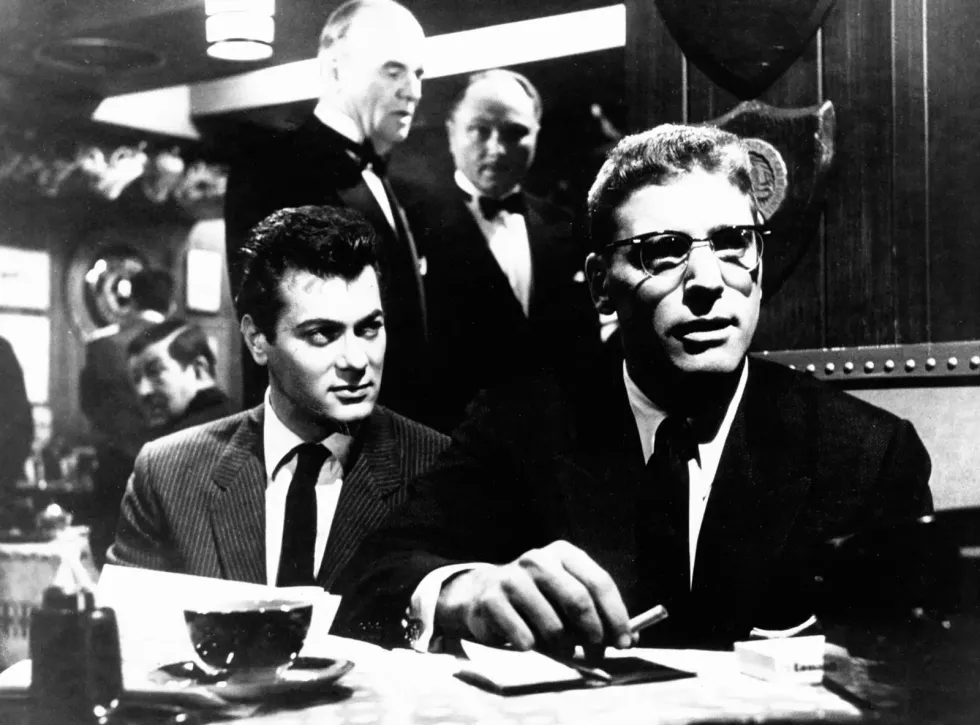


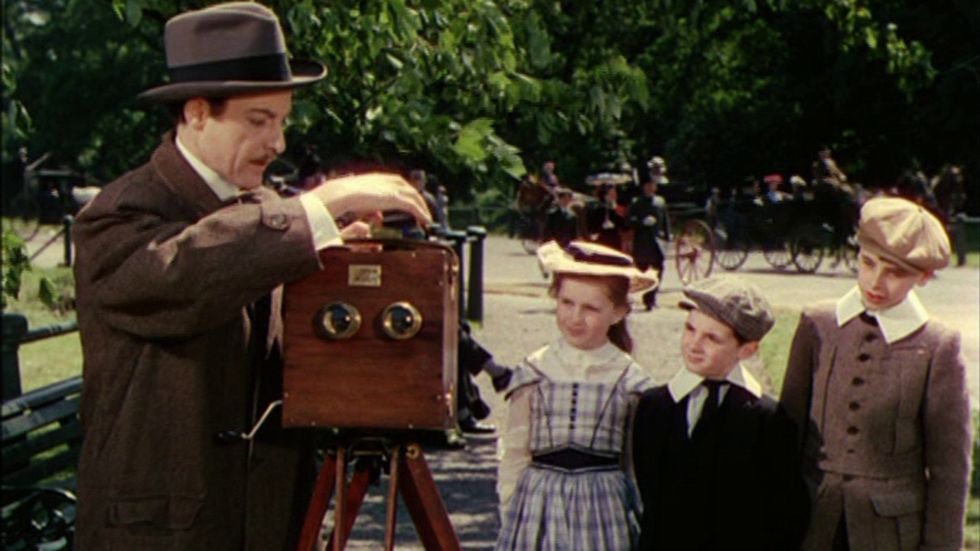








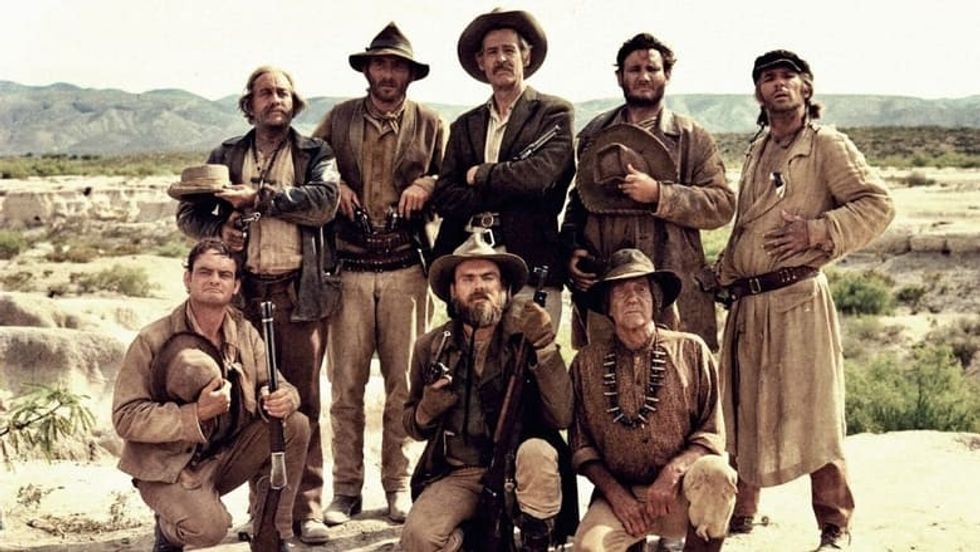


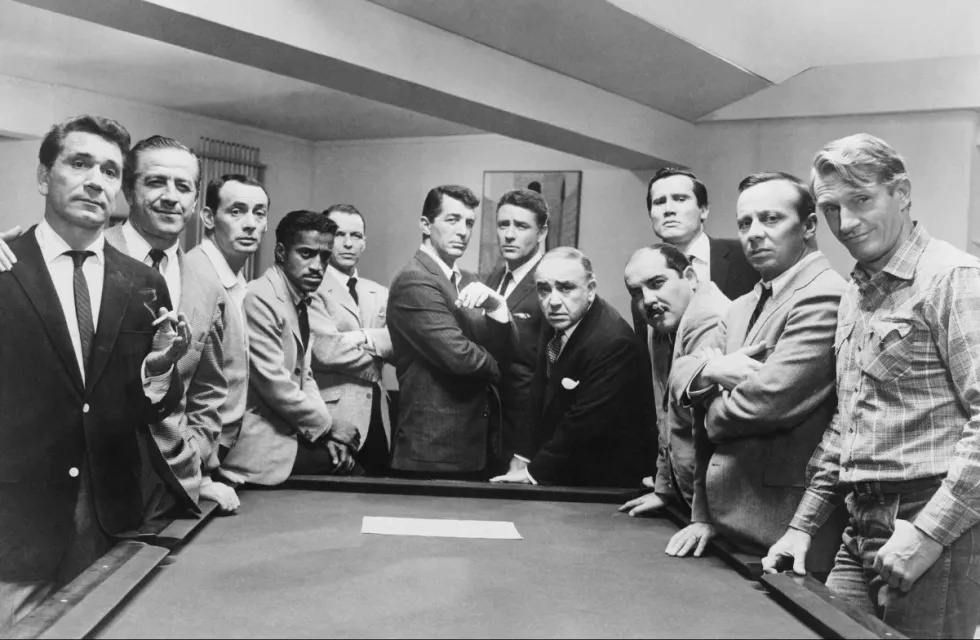









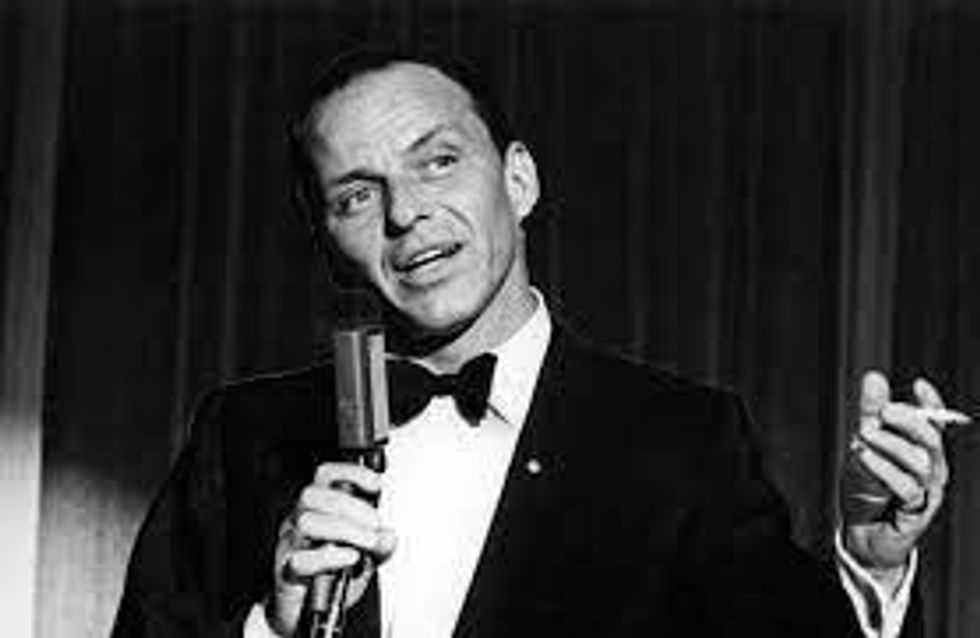
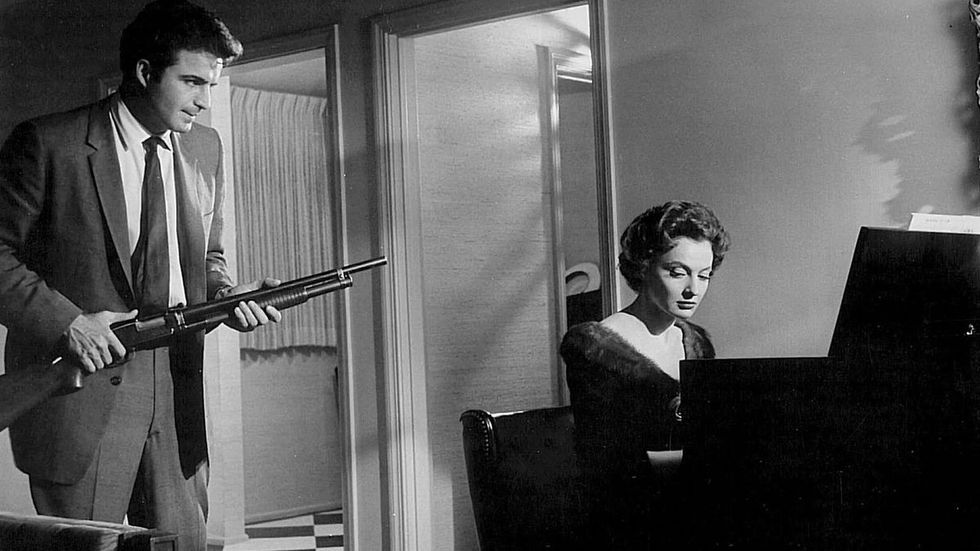

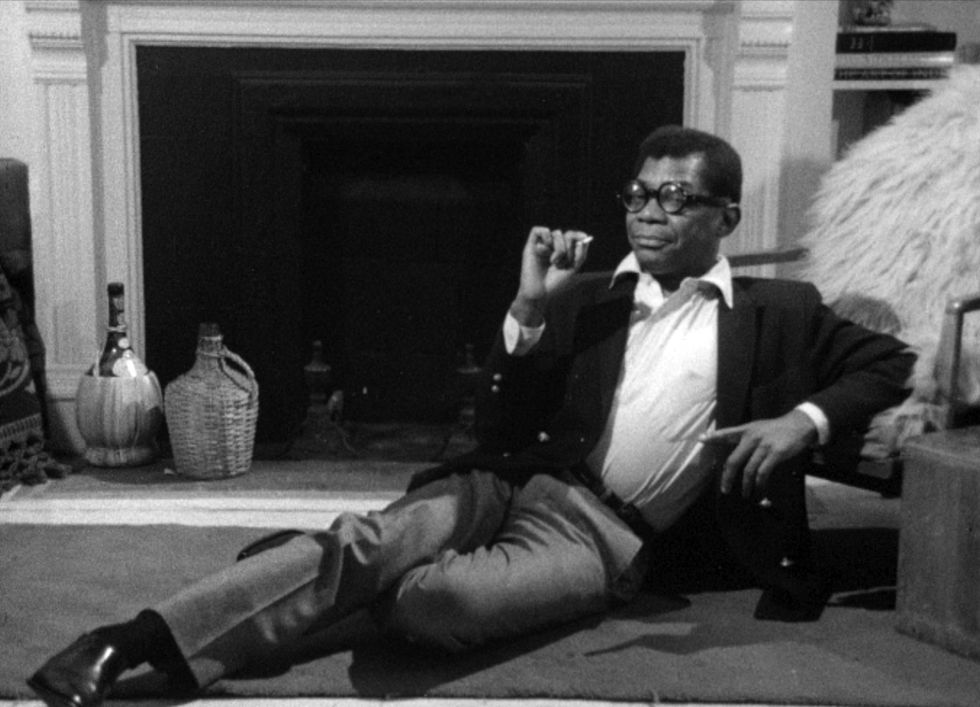



Source: Letterboxd

